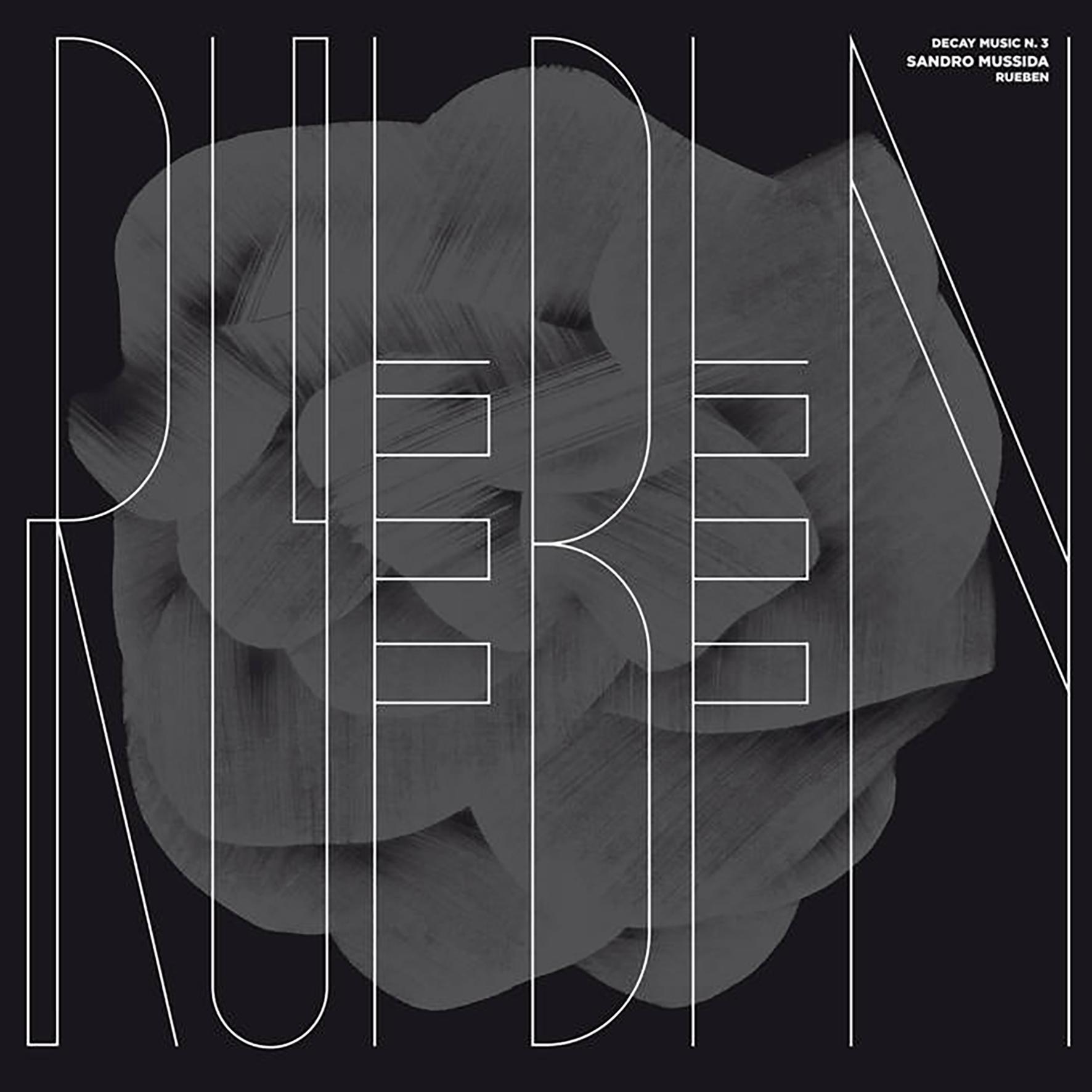 I believe this is my first encounter with this London-based cellist/composer, but that is hardly surprising, as Die Schachtel often tends to be ahead of the curve in unearthing compelling new sound art. As befits the Decay series' mission statement of highlighting "inspired contemporary experimental efforts in ambient, ethereal, and emotively abstract music," Reuben is an album of hazy, dreamlike soundscapes that feel like they were assembled from hissing and blurred tape loops (though I do not believe they were). Regardless of how it was assembled, this is quite an immersive and fitfully gorgeous album, as Mussida displays an impressive lightness of touch, talent for nuanced detail, and a deep understanding of the physics of sound. And it certainly does not hurt that he made full use of the rich acoustic properties of Volterra, Italy's historic Church of San Giusto.
I believe this is my first encounter with this London-based cellist/composer, but that is hardly surprising, as Die Schachtel often tends to be ahead of the curve in unearthing compelling new sound art. As befits the Decay series' mission statement of highlighting "inspired contemporary experimental efforts in ambient, ethereal, and emotively abstract music," Reuben is an album of hazy, dreamlike soundscapes that feel like they were assembled from hissing and blurred tape loops (though I do not believe they were). Regardless of how it was assembled, this is quite an immersive and fitfully gorgeous album, as Mussida displays an impressive lightness of touch, talent for nuanced detail, and a deep understanding of the physics of sound. And it certainly does not hurt that he made full use of the rich acoustic properties of Volterra, Italy's historic Church of San Giusto.
It makes perfect sense that Rueben was recorded in an old church, as the warm, languorous drones of the opener are certainly evocative of a picturesque scene involving floating dust motes and shimmering sun rays streaming through cathedral windows (and Mussida definitely seems to be straining towards the divine at times). The album actually derives most of its inspiration from Italian Renaissance paintings, however, which led to something of major creative breakthrough in how Mussida thought about composition. There are also some ideas lurking within Rueben about alternate tunings, how sound interacts with space, and how music can trigger memories. Russian theologian/physicist Pavel Florensky even gets name-checked in the album description in a statement about "reverse time" and how art's capacity for triggering memories is similar to the dream state. While interesting, none of that would normally enhance my appreciation for what is essentially an unusually good drone album crafted from heavily processed cello, electric guitar (Alessandra Novaga), and bass clarinet (Edgardo Barlassina). However, there are a few pieces on Rueben where it legitimately seems like Mussida's deep thinking and non-musical influences have led him to kind of a fascinating place. On the album's second and sixth pieces, for example, it feels like every frequency and oscillation is in complete harmony with the vibrations of the universe or something.  Needless to say, those two pieces are drone heaven for me, but Rueben is generally an enjoyable and immersive album overall too, as Mussida and his collaborators are quite adept at mingling hypnotic thrum with dark clouds of dissonance and an undercurrent of almost "industrial" textures.
Samples can be found here.
Read More

